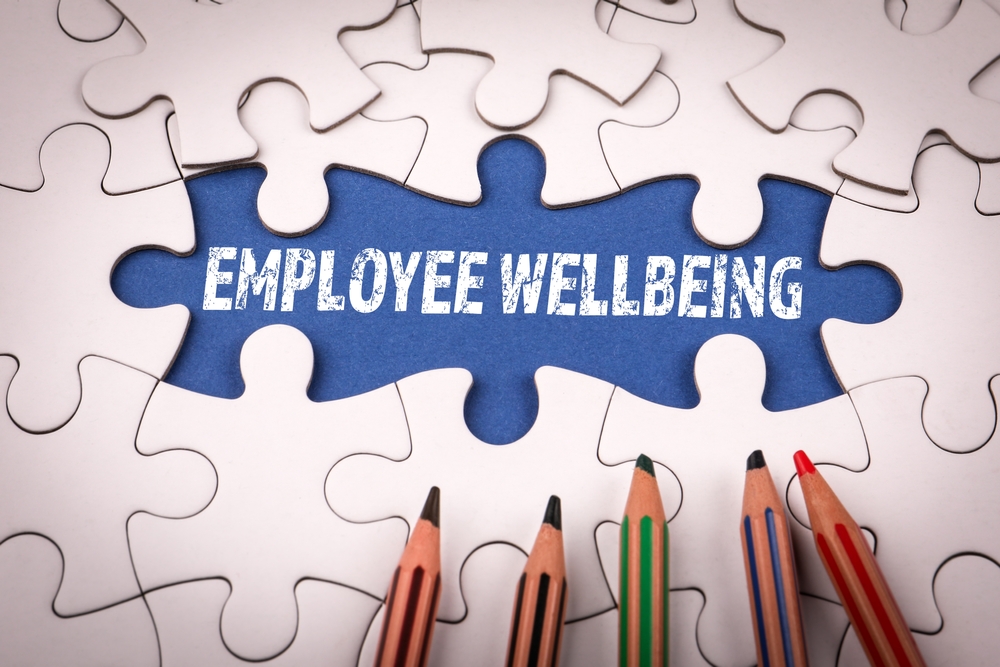A deeper dive into the multiple contributing factors to burnout and presenteeism in your business.
Many reports have been published over the last few years about wellbeing in the workplace. They provide a dizzying array of facts and figures. At Empresa Psychology we try to read and summarise these reports for you in our LinkedIn posts. This article aims to provide an overview of key contributing factors to burnout and presenteeism that your business will need to address in 2025 and beyond. We will also offer guidance around how to measure and address the factors that fall within our area of expertise, namely psychological wellbeing.
What are the factors?
This is not an exhaustive list, but here are some of the key contributing factors that impact burnout and presenteeism (and therefore your bottom line). We’ve seen these both in practice and also coming up as themes across multiple reports and studies.
- Toxic Workplace Culture. This one is most commonly caused by poor leadership in the workplace. It leads to reduced morale and reduced psychological safety, which in turn causes employees to disengage and become demotivated. Conflict within teams and workplace bullying will also contribute to this factor.
- Job Insecurity. This may not be something that you have complete control over, but it is important to understand the extent of the impact this will have. This report by McKinsey Health Institute reveals that individuals with high job insecurity report twice the burnout levels compared to the global average.
- Unrealistic Pressures / Role Descriptions. I see this daily in my work, and it is usually caused by lack of funding and/or short staffing. Over the last decade we have moved towards a more-for-less culture of undercutting and competition. From a business bottom line point of view, I get it, but at some point asking your employees to do three jobs worth of work is not sustainable.
- Physical Health Issues. An obvious one, and one which I think employers find it easier to screen for and address. Just don’t neglect the subtle ones, for example the impact of menopause on employee health and wellbeing is only recently being openly spoken about. There are some great specialists on this topic who can help you to raise awareness of this in your company.
- Care Giving Responsibilities. This has been highlighted as a key factor in both the McKinsey report linked above, and Deloitte Consulting ‘s 2024 report on Mental Health and Employers. Both offer suggestions about how workplaces can better support individuals with caring responsibilities.
- Minority Groups. Evidently, we haven’t yet reached our goal when it comes to equality in the workplace or in wider society. McKinsey statistics reveal that “employees who are women, LGBTQI+, younger, or neurodivergent, or who report lower education levels or poor financial status, tended to report poorer employee health outcomes”. Neurodivergence is a hot topic at the moment, and there are specialists who can support your teams to develop personalised supportive strategies without the need for labelling or diagnosis ( Zoe Carroll is one specialist I recommend).
- Internal Psychological Factors. Human beings are complex and we all bring our psychological idiosyncrasies into the workplace. You may have staff who struggle with perfectionism or imposter syndrome – these in particular will present a barrier when trying to implement wellbeing interventions, because these internal factors may cause the individual to resist support or change. And of course anyone may be experience depression, anxiety, grief after a bereavement, trauma symptoms, or any other common psychological phenomenon that we experience. Stigma around mental health difficulties is still rife in workplaces and prevents people from getting the support they need.
How do I work out which factors are impacting my staff?
Make A Difference Summits has highlighted measurement of health and wellbeing activity as a key business priority in 2025. Budgets are squeezed, specifically budgets for wellbeing initiatives seem to be very slim at present, so it is essential to be able to make a good business case and track whether your chosen intervention is effective. If you invest in the wrong area, you won’t get the ROI you’re looking for.
Firstly, you want a measure of wellbeing in the organisation as a whole. Many companies measure employee engagement, but validity of these results is variable. Empresa Psychology is founded and led by a Clinical Psychologist – a profession which is highly skilled in measuring psychometrics using validated instruments. We can measure key psychometrics such as burnout, presenteeism and psychological safety across your organization, providing a map of wellbeing across individual teams and company-wide. Measures of psychological safety in particular can identify specific teams whose leaders may need some support and training.
Then you need to work out which factors are contributing to overall burnout or presenteeism. Some of the factors above are straightforward to measure. Physical health screens and demographics surveys will provide data for factors 4, 5 and 6.
When it comes to the specific mental health concerns of individuals, this is much harder to ascertain and may not be possible to measure organisationally. Luckily there are still ways to pick up on these factors and address them – read on to learn more…
How do I address these factors?
When approaching a complex puzzle like this, one single strategy won’t cut it. Interventions that tackle physical health are well known and accessible. Supporting minority groups and caregivers is more subtle and links to overall company culture.
Low psychological safety, linked to toxic workplace culture and poor leadership, is challenging to tackle without a specialist wellbeing partner. The evidence-based workshops offered by Empresa Psychology provide solutions including:
- Training for leaders and C-Suite executives on Compassionate Leadership, a leadership style known to be linked to higher psychological safety in teams. In turn, higher psychological safety is linked to increased innovation, increased resilience and increased staff retention;
- Workshops that increase cohesion and reduce conflict in teams;
- Workshops that teach the key skills needed to increase Emotional Intelligence – a crucial factor in ensuring you are running a company in which staff are able to communicate and collaborate effectively.
Individual mental health concerns are hard to address when brought to the attention of managers because managers are not therapists. It is very important to upskill managers to be able to support staff effectively (by teaching them the skills of compassionate leadership and emotional intelligence), but it is hard for managers to know how much to get involved in the support and where to signpost to. Often, EAP programmes are ineffective because they offer low-intensity psychological support that will only help mild issues, but staff may only ask for support when they’re at breaking point.
Empresa Psychology offers training that equips managers with the ability to identify common mental health concerns and understand where to signpost staff for effective support. We also offer training on boundaries, where managers are finding it difficult to draw the line between personal and professional support.
While the training we offer is not therapy, when delivering workshops to staff teams, our clinical psychologist facilitators may sometimes be able to pick up on subtle signs of specific mental health issues, that most trainers or coaches would miss. We are therefore able to discretely offer resources or signposting on an individual basis, where we feel it is appropriate. We are also qualified to offer individual therapy and support when specifically requested.
Want to start your employee wellbeing journey with us?
Want to get access to high-quality, evidence-based training and validated wellbeing measures? Want to get the maximum ROI from your investment in employee psychological wellbeing? Message us today to book a free consultation.





